 Over the past several weeks or so, I’ve been experimenting with a form of fiction I’ve never tried before: the novella. If you don’t already know, a novella runs between 20,000 and 40,000 words, and can be read in a couple of sittings. It’s like a longish short story for writers who suck at keeping short stories short (aka me).
Over the past several weeks or so, I’ve been experimenting with a form of fiction I’ve never tried before: the novella. If you don’t already know, a novella runs between 20,000 and 40,000 words, and can be read in a couple of sittings. It’s like a longish short story for writers who suck at keeping short stories short (aka me).
Writers usually avoid novellas because publishers typically don’t want them. Not because there isn’t a market for them, but because they’re not as cost-effective for the publisher as a full-length novel. And as we all know, at the end of the day publishing is a business.
But with the advent of self-publishing and the digital age, the publishing world is changing. Writers can now bypass traditional publishing houses and publish novellas themselves inexpensively in the form of e-books. This means we can now target that market of readers who enjoy novellas that we couldn’t reach before.
And that’s pretty cool, especially since novellas are growing in popularity. Still not convinced? Read on to learn the benefits of writing a novella, and maybe you’ll even decide to write one yourself!
1. Explore New Ideas
If you’re like me, you probably have quite a few ideas for stories. I currently have a running list of around 20-something ideas I’m itching to explore. But alas, as much as it pains me to admit, I know I will only be able to write so many novels in my lifetime.
So what’s a writer to do? One option would be to turn some of those ideas into short stories. But again, if you’re like me you probably suck at writing them. There’s just so much to explore, and not enough time or page space in a short story. Novellas, on the other hand, allow you to go more in-depth with plot and characters without committing to a full-length novel.
This is great if you need to get an idea out of your system, or need take a break from a series and write something different between installments. You could also write a novella between drafts of a novel. Have an idea that’s too long to be a short story but too short to be a novel? Instead of throwing it away, turn it into a novella.
Not only do novellas take less time to write and allow you to get some plot bunnies out of your head, but they also give your readers something to snack on while waiting for your next novel. Sounds like a win to me!
2. Expand on Your Novel
One great use for novellas is to expand on your novel or series. Maybe there’s a character whose story you want to explore further, or maybe you want to write a prequel about what takes place before the novel. Or, maybe you want to write a story set in the fantasy world you created but follow a different set of characters than your novel.
There are a lot of fun options you could explore! Plus, your readers will love it. Fans of your novel or series will enjoy being able to delve deeper into their favorite characters or explore other parts of your fantasy world. A novella will allow those who don’t wish to leave your story to linger a little longer even after they’ve finished your novel.
3. Build a Readership
Novellas can be a great way to build your readership. You could self-publish a novella (or several) before publishing your novel. Putting your work out there will help you find readers who will love your stuff–and you! If they enjoy your novella they’ll likely become interested in what you write next.
Besides building interest in your work in general, you can also use novellas to build interest around a specific novel. For example, consider writing a novella that’s a prequel to your novel or is set in the same world if you’re writing a fantasy. This will help you find readers who will be interested in your novel before it’s even published!
Additionally, after your novel is published you could continue to use that novella as a way to gain new readers by offering it for free. If readers get hooked on your free novella, they’ll likely buy your novel!
4. Create an Additional Stream of Income
One of the sad truths about being an author is that it’s hard to make a living writing fiction, though it certainly isn’t impossible. More and more now, authors are choosing to self-publish novellas (or even novels) after being traditionally published.
Why?
Well, not only is an author’s advance split into two or three installments that could be spread out over a period of time as long as a year, but after publication an author only receives a royalty check twice a year. Not to mention, after your book is published it must earn back its advance before you start receiving royalties. Which means it’ll be a while before you see that first royalty check.
Talk about a sporadic paycheck.
Self-publishing means you have control over when and how often you decide to publish. And with a platform like Amazon’s Kindle Direct Publishing, you receive a monthly royalty check which means a steadier income. You’ll also get a bigger cut of the profits versus what you’ll receive from a traditional publisher.
Of course, to build a decent income stream off of novellas you’ll need to write a handful. But considering they take less time to write than a novel, it’s not such a bad strategy. You’ll be able to put work out faster, and the more stories you get out there the more opportunities you have to attract readers. Novellas offer an additional income stream while growing your audience, which means more buyers for your future books.
5. Appeal to Busy Readers
If you haven’t already noticed, people nowadays lead busy lives and have short attention spans. Most people would rather invest a couple hours into watching a movie than days or weeks reading a book.
Also, since it seems every book is now part of a series, this means an even bigger investment of time. A reader might be reluctant to make that kind of commitment. If they don’t have time to read one book, how are they going to read three, or five, or eight? And no one likes to be left hanging on a story.
Novelist and screenwriter Ian McEwan said in an article in The New Yorker that, “To sit with a novella is analogous to watching a play or a longish movie.” There are plenty of people out there (including myself) who love to read but struggle to find the time, yet most of us can squeeze in a movie here or there.
Novellas are a perfect option for busy readers because they can be finished in one or two sittings and have a little more meat to them than a short story. This allows reader to enjoy a great story without having to make a huge time commitment–just like watching a movie.
So, have I convinced you to try writing a novella of your own? I’ll confess, I’m having quite a bit of fun writing mine. It’s a murder mystery which is something I’ve never written before, and it’s nice to be able to explore a new genre and idea without committing a year or longer to writing a full-length novel.
I do plan to self-publish this novella, and I hope I’ll be able to share it with you soon! Until then, have you read or written any novellas yourself? I’d love to hear your thoughts and recommendations–pop them into the comments below!










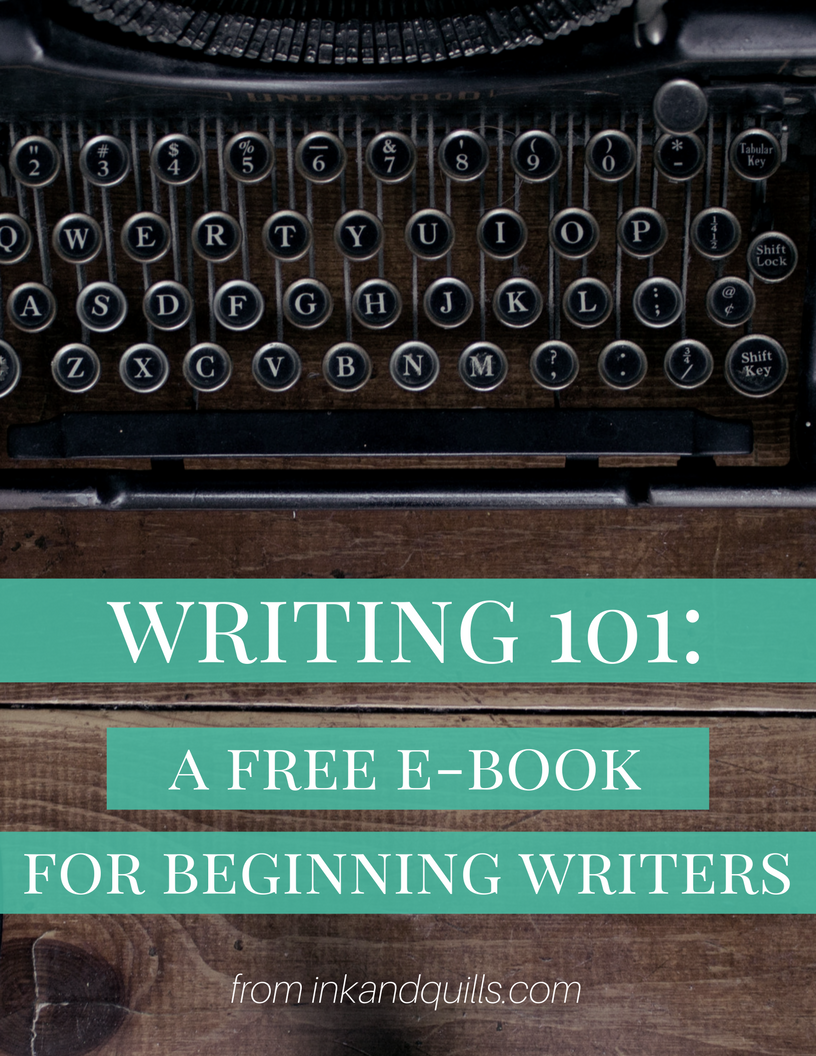

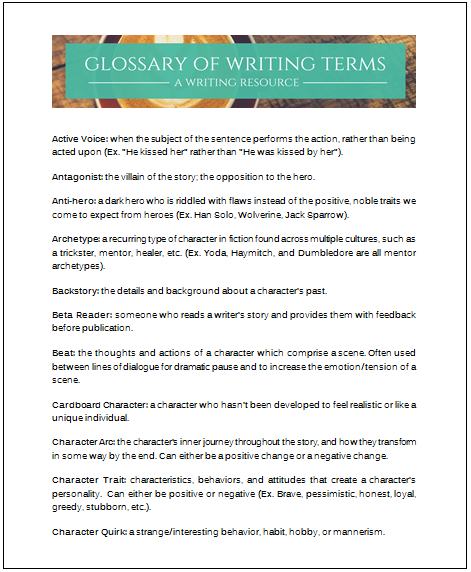

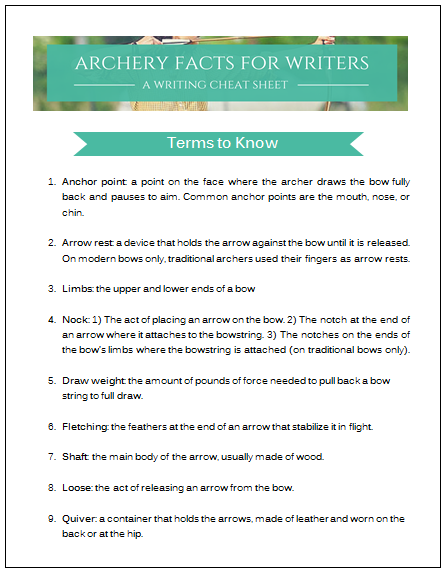



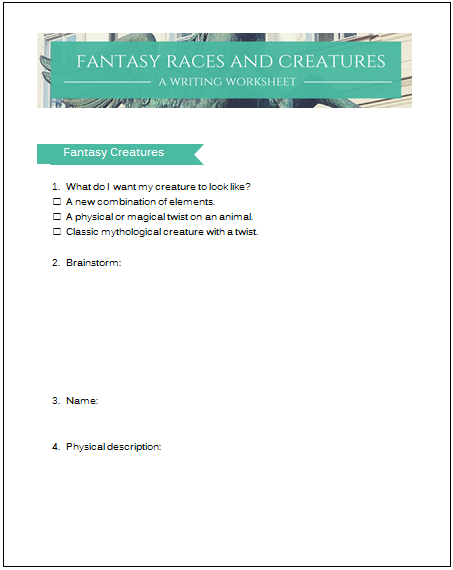


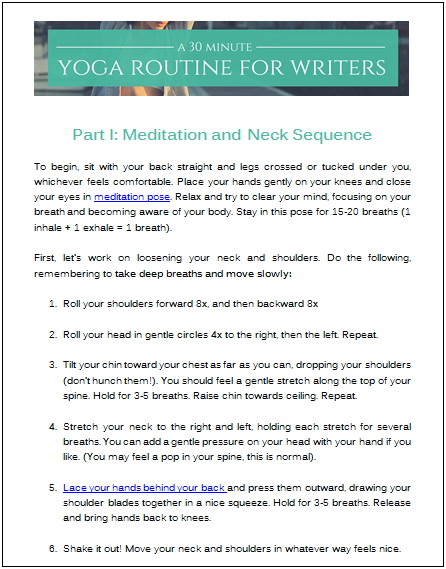
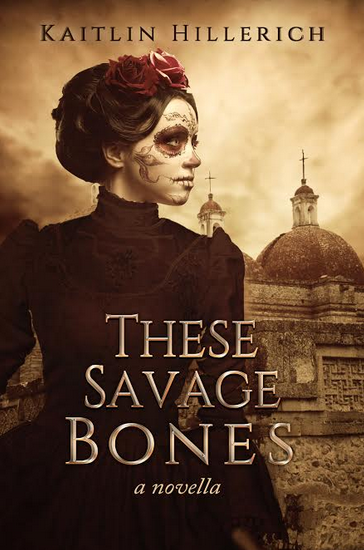
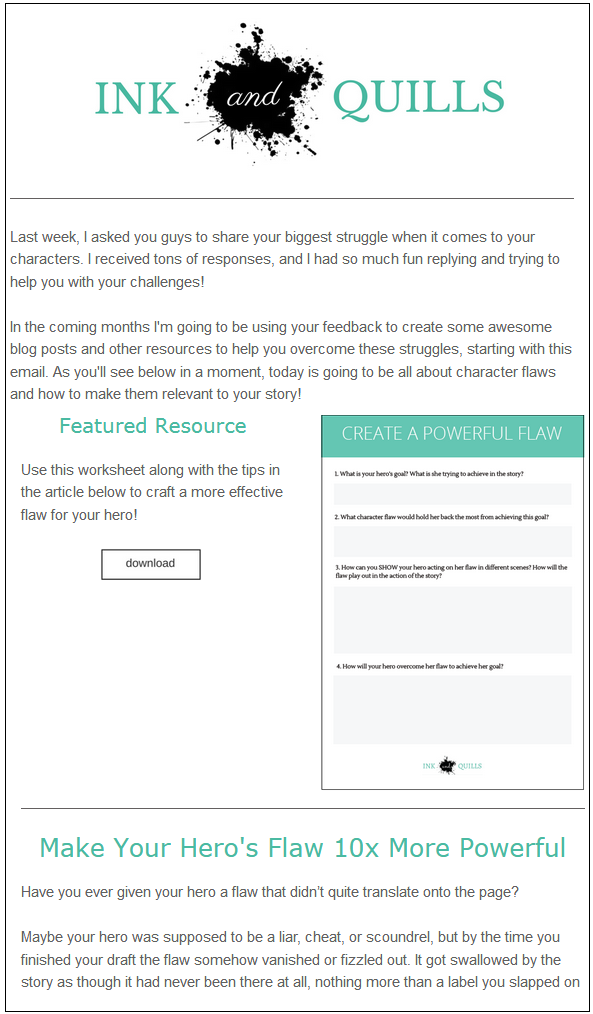
Uncanny. I was thinking about novellas just this morning. When your post came through I dropped everything to read it. Over the last year I’ve written 28 short stories, but they’re a difficult length for writing fantasy (mysteries, too, I’d imagine). As you say, novellas make sense as ebooks. In general, I agree with all your reasons. I am especially drawn to the smaller time/financial investment and way to introduce readers to your work.
Haha sounds like perfect timing, Christina 😉 I agree, short stories are especially difficult for writing fantasy! You should give novellas a shot, there’s definitely a lot of advantages and you can do a lot more with them than a short story! Short stories are so limiting and confining, but a novella is essentially like writing a mini novel 🙂
A 99,000-word novel, no matter now “tightly written,” is excruciating to edit and proofread. By contrast, a short novel or novella is easier to produce and put on the market. In addition, busy readers have the option of reading a shorter book.
I’ve written 1,000-word short-shorts, 2,800-word stories, a short novel, and a longer novel. I’m working on a novelette as well (under 17,500 words). Each length has its advantages.
I love how you’ve tried out so many different lengths of fiction, Eva! I only wish I was good as writing short stories, but it usually ends up being more frustrating that enjoyable haha. And yes, so far through this process I’ve realized writing a novella is going to be a LOT quicker and easier than writing a novel. I think it’ll take me around a month to finish the novella, whereas it usually takes me a year or more to finish a novel. Talk about a HUGE difference!
I think I’ll do a novella for the fifth book in my series. I don’t think I have enough content to write a full novel for the fifth book, but I have an idea for a little side story I want to explore after the main series.
P.S. I really love all your blog posts. They are super helpful and have pin-able images! 🙂
That sounds like a great idea, Jo! I love how novellas gives us an opportunity to explore an aspect of our novels/series without having to write a full 50k+ words. It really does open up a whole new world, doesn’t it? 😉 And thank you so much, I’m so excited my posts are helpful to you! Oh yes, I’m all about Pinterest haha!
Nice post.
I’ve written a bunch of novellas as serialised fiction. I didn’t plan to do this but I wrote one and then had ideas for more in a television series style. But I definitely agree with the appeal of shorter pieces for busy readers.
Novellas give us writers another option. Sometimes a story is not quite a novel but it’s longer than a short story. Novellas are a viable option for self-publishing too.
Hey, if James Patterson is getting into the novella length fiction with his Bookshots, there must be something to it.
I never planned to write a novella either, but now that I am I’ve realized I have several story ideas that are the perfect fit for this length. I didn’t know what to do with them because they were too long for short stories but I didn’t want to “fluff them out” into a full novel. I’m definitely excited to explore novellas more! 🙂
A novella might be the best way for me to go. I have a few ideas that I don’t think will make good novel material. I’m a get-to-the-point kind of person, which is why I like the short story format. But I feel like there might be something I could expand upon. A novella might be the best way for me to do so.
It sounds like a novella would be a great fit, or even a novelette! (17,500 words or less). I don’t know why we writers tend to favor short stories or novels and ignore novellas, they’re an excellent middle ground 🙂 Good luck with the stories, George!
My first book is a Novella, “The Will To Die”. It is self published on Amazon; right now I’m working on my second Novella using your tips to make me a better writer. Thanks Kaitlin 🙂
So glad to see ‘Building Readership’ on this list. This strategy has been growing in my mind as I push my writing out into public view for the first time. Building a readership has been hard, but people are *reading*! Now to write more!
Interest post. Novellas are something it seems like most of us never really set out to write. They are either the result of a short story that got too long or a novel that got too short.
Maybe I’ll try writing one this month. Could be fun!
I’m actually planning to write a novella when my novel-length WIP is with beta-readers. It’s going to be an extension of the WIP’s story world, and it will explore an earlier part of that MC’s life while introducing another character I can’t WAIT to write about. (He’s so different from other characters I’ve created before!) So, this post was a joy to read because it’s relevant for that future project. Can’t wait to beta-read your novella, btw! 😉
Almost all my short stories end up being either novellas or novelettes. Getting them below 10k or 7.5k to make them a short story (depending on whose definition you adhere to) is a real pain. For me, at least.
I’m currently at work on producing an anthology of five short stories — one piece of flash fiction (less than 1k — already written and edited), two short stories (@ 7.5k or less — both already written and in the process of being edited), one novelette (@ 10-20k — debating on whether to use a story I’ve already written, or to write something new), and one novella (@ 20-40k — status same as the novelette).
What I like about the idea is that such a brief anthology will give potential readers a true feel for my writing, from how I handle pure idea pieces (flash fiction) to how I handle pivotal moment tales (short stories) to how how I handle heftier tales that will have more meat to them as well as more of a character arc (novelettes and novellas).
I think compiling an anthology with a variety of lengths gives a potential reader a more balanced offering and a better sense of a writer’s ability without too much time commitment.
Haha I know what you mean, Gary, I can never seem to keep my stories short either! I have so much respect and admiration for those writers who have mastered short stories, it’s truly an art. I think your anthology with all those different lengths of fiction is a great idea! I don’t think I’ve ever heard of someone doing that before, that’s a really interesting approach. I hope it goes well for you!
Love this! I tend to stick to writing short stories and they are often long. I never really considered a novella but I can certainly take some of them and turn them into one. It’s much less of a time commitment than a novel (which I plan to work on soon) but I like the idea of starting off with a novella first.
Definitely try out novellas, Kendra! I was the same way–all of my short stories were too long, but I have so many ideas I don’t want to neglect! And turning some of your short stories into novellas before you tackle a novel is an excellent idea 🙂
What key differences would you say exist between novels and novellas (besides length). Can they have sub plots? How many characters is too many?
Hi Julie, great question! I think some of the main differences with a novella is that you have to be a little more focused than with a novel since you don’t have the page space to go more in-depth with relationships between the characters or expand on the plot. You can definitely have a subplot though I would probably limit it to just one or two. For example, my novella has a romantic subplot between the main characters, and another subplot that focuses on my heroine’s internal conflict. That’s all I can squeeze into it without making it novel-length.
As for characters, it depends on how in-depth you want to go. I would say you could fit 2-3 well-developed main characters into a novella. You could also fit in a handful of secondary characters, but you won’t be able to develop them as much. In my novella I focus on my two main characters and I also have 6 secondary characters who have limited page time. However, the secondary characters in my novella aren’t as fleshed out as the secondary characters in my novel.
The other huge difference is plot. Besides limiting your subplots, your main plot also needs to be focused. So for example, my novella is a murder mystery. If it were a novel I probably would have included more suspects and clues, but for the length of a novella I had to “miniaturize” the plot so to speak. I still followed the traditional three act structure of plotting a story, but I shortened the middle by limiting the number of obstacles the hero has to overcome to achieve the goal.
I hope that helps and answers your question! 🙂